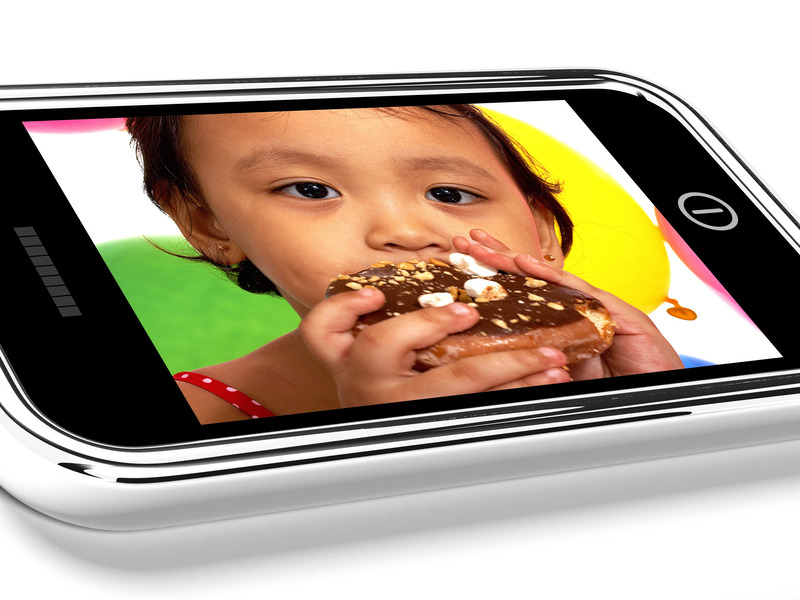 We are all born explorers and children rush into the world around them learning at an astonishing pace. Everything they encounter is a puzzle to be solved and they have fun while they figure out how everything works, from learning how to work their own legs to manipulating buttons and doorknobs (it is always a moment of terror when the toddler masters the door!)
We are all born explorers and children rush into the world around them learning at an astonishing pace. Everything they encounter is a puzzle to be solved and they have fun while they figure out how everything works, from learning how to work their own legs to manipulating buttons and doorknobs (it is always a moment of terror when the toddler masters the door!)
Kids Interact with the World Around Them Differently than Adults
While adults struggle to grasp new concepts children naturally accept new ideas and information. Their brains are busy building the neural pathways that will serve them their entire lives. Nothing seems unnatural to the small child. An adult introduced to a computer for the first time may have a steep learning curve to figure out what it is and how to use it. But a child who has grown up with one all along can quickly learn how to use the machine.
Perhaps this is why whenever some of our parents can't get my iPhone to do something they hand it to their child and the phone completes the task in 2 seconds. It is not that the child has had a phone longer than the parent, or that the child spends much time on their phone (which they probably don't ), it is simply that as a child they have a more intuitive grasp on how the phone works than a parent might. Probably for no other reason than that the child was introduced to an iPhone at a younger age than the parent was.
Kids Form an Intuitive Understanding of the Things in their Environment
Because children are wired to explore and play with everything around them, they form an intuitive understanding of the things around them. Just as they have an intuitive sense of grammar as they develop their language skills, even though they can't explain grammar or diagram a sentence. They learn what "sounds right" and what "sounds wrong" based on their experience hearing the language.
This intuitive understanding spreads to everything in the child's environments, including technology such as computers, tablets, and smartphones.
Why Kids Should Spend Time Playing with Technology
Kids pick up languages much faster and more easily than adults, especially if they are under the age of eight. The way computers work is also a language and even young children can learn the basic concepts behind computer programming. This will make it much easier for them to learn more abstract computer languages as teenagers and adults. One of the most powerful ways that children learn is through play.
Computers are now part of everyday life and every child will benefit from building a deep, intuitive understanding of what they are and how they work from a young age. Possessing this intuitive understanding of computers will not only open doors to in-demand careers such as programmers but will also help them use computers effectively in their daily lives. There are very few careers left that do not use computers on a daily basis. Understanding computers is now an essential part of a successful education.





